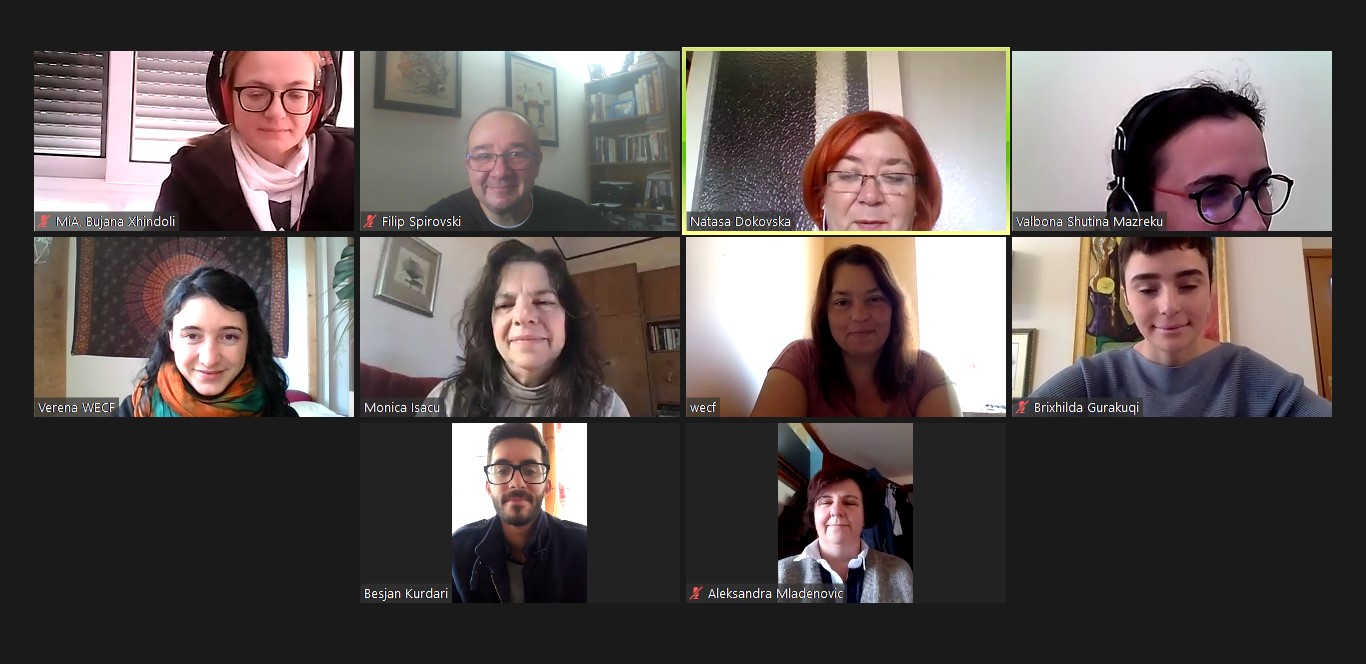НЧП заедно со партнерите од Германија – ВЕЦФ, Романија – Аквадемика, Албанија – Жени во развоја – Скадар и Мелуконтакт Албанија и Србија – Амбасадори за одржлив развој на животната средина, а со поддршка на германското министерство за животна средина продолжуваат и во наредните две години да работат на одржливо управување со водите.
Во рамките на проектот во земјите на имплементација Романија, Северна Македонија, Албанија и Србија постои недостаток на одржливо управување со вода и санитација во руралните области, што може да доведе до сериозни последици врз животната средина и здравјето на населението. Нашата цел е да го воведеме и понатаму да го развиваме инструментот Планирање за безбедност на вода и санитација (ВССП) во целните земји. WSSP покажува методи за анализа на ризик и проценка на системите за вода и санитација и ги објаснува мерките за минимизирање на ризиците и подобрување на состојбата со вода и санитација. Во различни едукативни активности, комплексот на WSSP веќе развиен од нас ќе биде презентиран пред разни засегнати страни од образованието, администрацијата, политиката и институциите.
Во Северна Македонија и Албанија, ќе се спроведат обуки, исто така, врз основа на обуки од претходниот проект. Во Србија, WSSP се воведува за прв пат.
Медиумските кампањи и работата за односи со јавноста се користат за сензибилизација на локалното население за ова прашање, а со тоа се промовира социјалната свест и можноста да се дејствува според сопствената одговорност на терен.
Во Романија и Северна Македонија, ќе бидат поставени онлајн едукативни портали за вода, канализација, отпадни води и животна средина за да им помогнат на наставниците да го интегрираат WSSP во нивната наставна програма. Партнерите од Северна Македонија ќе промовираат воведување на WSSP на национално и на локално ниво на тркалезни маси со носители на политички одлуки. Конечно, ќе биде објавено ревидирано, проширено и ажурирано издание на WSSP Compendium, земајќи ги предвид резултатите од едукативните активности и едукативниот портал – вклучително и фокус на управување со болести.
За самиот старт на проектот НЧП одржа медиа тренинг за поголема видиливост на резултатите од проектот на социјалните медиуми, како и презентација на проектот за искоренување на менструалната сиромаштија.

